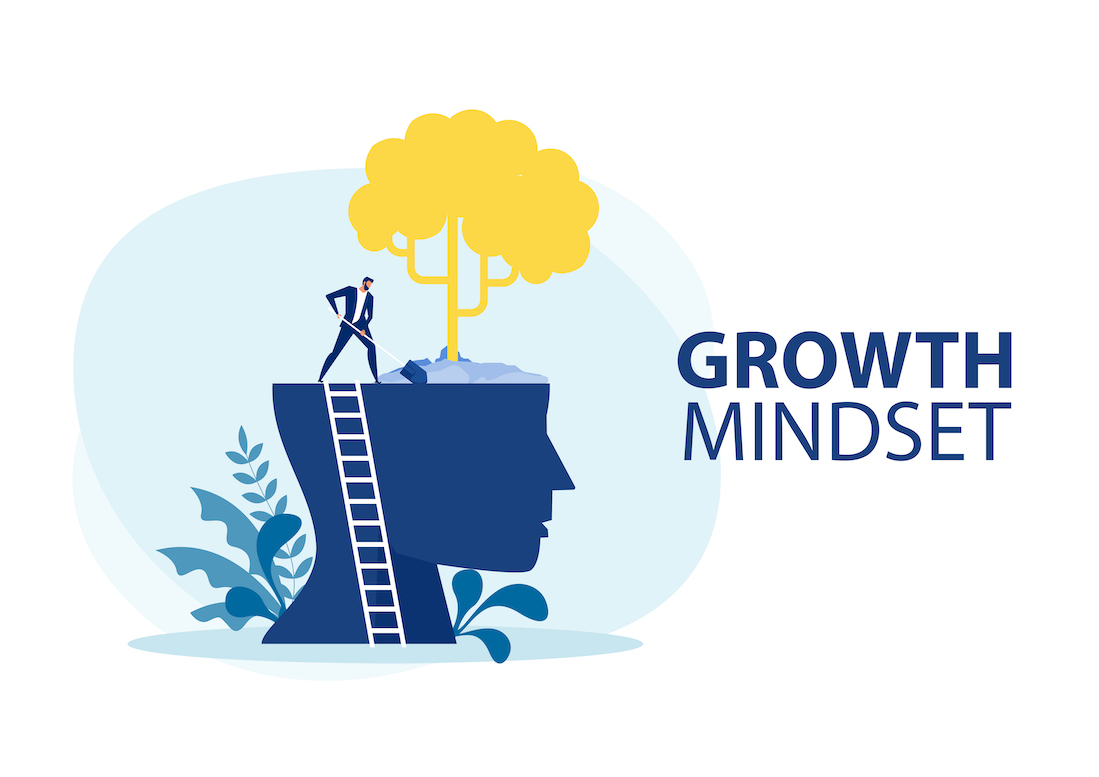Quick Glance of Today’s Blog
💡 Understanding the Roots: Delving into past experiences can help address foundational fears.
💡 Growth Mindset Adoption: Embracing the belief in potential growth transforms challenges into learning opportunities.
💡 Step-by-Step Approach: Segmenting problems reduces overwhelm.
💡 Seeking Support: Leveraging collective knowledge provides varied perspectives and makes learning collaborative.
💡 Visualization Techniques: Tools like GeoGebra can turn abstract math concepts into tangible, comprehensible knowledge.
💡 Practice Regularly: Daily practice regimen underscores the power of consistency in skill improvement.
💡 Celebrate Small Wins: Recognizing minor milestones can cumulatively bolster math confidence.

At Sinica Education, our commitment is to empower students, providing them with tools and strategies to navigate their math journey with confidence.
Math anxiety is more than just a fear of numbers. It's an emotional reaction that can be paralyzing for some, often rooted in negative experiences or the societal pressure associated with mathematical competence. However, it's essential to realize that with the right tools and mindset, one can tackle this anxiety head-on. In this in-depth exploration, we're delving into effective strategies enriched with real-world examples to help students combat math anxiety.

Understanding the Roots
Every journey of overcoming anxiety begins with understanding its source. Math anxiety often finds its roots in past incidents, be it a strict teacher's comment, a low test score, or even parental pressure. For Sarah, her math anxiety started when she was laughed at for a wrong answer in third grade. By identifying and acknowledging these roots, you should be able to realize that your past doesn't dictate your future potential.

Growth Mindset Adoption
The power of belief cannot be overstated. A growth mindset, pioneered by Carol Dweck in her book Mindset: the New Psychology of Success, emphasizes that abilities, including math skills, can be nurtured with effort.
Instead of the debilitating thought, "I'm inherently bad at math," pivot to "I can develop my math skills with dedication."
One of Sinica’s student, Tom, resigned to his supposed 'incompetence,' adopted this mindset under the influence of his instructor, Yiwen. Over time, he not only improved his grades but started viewing challenges as learning opportunities rather than obstacles.

Step-by-Step Approach
When faced with a mountain, it's easier to climb step by step than in one giant leap. This analogy holds for math problems too. Taking a segmented approach can significantly diminish the intimidation factor.

For example, when encountered intricate algebraic problems, you began dissecting them:
first isolating variables,
then simplifying,
and finally solving.
This systematic approach will allow you to focus on one aspect at a time, making the problem less overwhelming.
Seeking Support
There's an adage: "It takes a village to raise a child."

In the realm of education, this emphasizes the importance of collective knowledge.
Seeking help does not show weakness, but rather it demonstrates bravery that one has the courage to admit their shortcomings. If you are too shy to ask for individual attention/tutoring, you can begin attending weekly study sessions or tapping into online resources. Eventually, when you are comfortable enough, you can try one-on-one tutoring, which can be tailored to address your most urgent concern.. This diversified support system provides students with varied perspectives, simplifying complex concepts and making learning collaborative and fun.
Visualization Techniques
The abstract nature of math can often be a deterrent. Transforming these abstract concepts into tangible visual elements can be game-changing.
For instance, when struggling with geometric properties, a student might use tools or apps like GeoGebra, or even simple paper folding, to visualize shapes and their characteristics. This hands-on approach can cement understanding, turning abstract notions into concrete knowledge.

Practice Regularly
Consistency is the key to mastery in any field. In math, regular practice not only sharpens skills but also builds familiarity and reduces anxiety.
One of our students, Lucy, once dreaded her math homework, often procrastinating. However, after her math tutor suggested that she make some small changes to her study schedule, and challenged her to do 15 minutes of math exercises daily, irrespective of homework, she had committed to that challenge for a month. After that, she not only improved her skills but began viewing math as a solvable puzzle rather than an insurmountable challenge.

Celebrate Small Wins

In our pursuit of big achievements, we often overlook the small victories.
Recognizing and celebrating these small victories can be a significant morale booster. Completing a challenging problem set, understanding a previously tough concept, or even just dedicating uninterrupted time to study should be acknowledged. These little wins can cumulatively build confidence, reinforcing a positive relationship with math. Don’t ever downplay your achievements. I know I sometimes do that unintentionally. It’s a bad habit, and you deserve to celebrate even just the tiniest progress!

Math anxiety, while prevalent, doesn't have to be a lifelong challenge. By addressing its roots, fostering a growth mindset, and integrating practical strategies, anyone can reshape their relationship with math.


